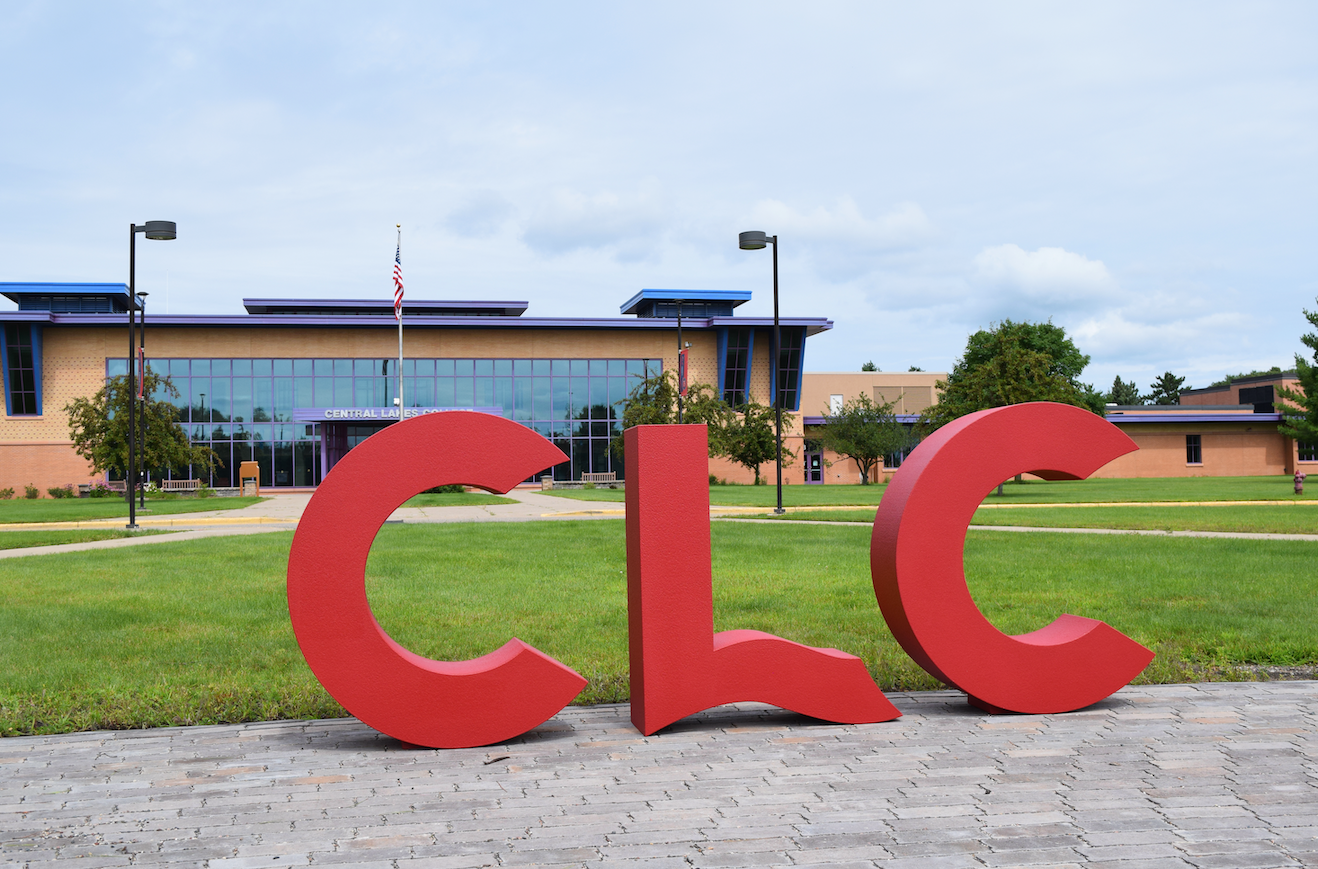Central Lakes College, a founding member of the Community College Alliance for Agriculture Advancement (C2A3), is excited to announce a ground-breaking initiative with U.S. Department of Agriculture – Natural Resources Conservation Service (USDA-NRCS). This $9-million, four-year program is part of a cooperative agreement between C2A3 and USDA-NRCS to create a national agriculture center for two-year colleges and connect more students to agriculture career pathways.
C2A3 is a collaboration of nine schools across eight states that began eight years ago as a 501c3 organization. In addition to CLC, member schools are Clark State College, Springfield, OH; Illinois Central College, East Peoria, IL; Ivy Tech Community College, Lafayette, IN; Lake Area Technical College, Watertown, SD; Northcentral Technical College, Wausau, WI; Northeast Community College, Norfolk, NE; Northeast Iowa Community College, Calmar, IA; and Richland Community College, Decatur, IL.
“C2A3 began as a Midwest consortium,” said Executive Director Tracy Kruse. “But with this partnership, we will be able to expand to include colleges from across the nation. Our goal is to have at least 50 community and technical college members by the end of the four-year award period.”
C2A3 will become a national hub for two-year ag education, developing expertise and regionally specific programming and curriculum that can be replicated across the country. Through this alliance, member colleges can access these resources and gain assistance in building partnerships with their local and state USDA-NRCS offices.
Astrid Martinez, Director of the Conservation Planning and Technical Assistance division with USDA’s Natural Resources Conservation Service, has been very active in getting this agreement established. “C2A3 schools will increase students’ interest in agriculture, natural resources, and conservation, with a focus on preparing students for USDA jobs. National skill standards will be developed in natural resource conservation, precision agriculture, and agronomy,” said Martinez. “This is an important step in developing the next generation of agricultural leaders.”
The national ag education consortium will also encourage applied research and outreach activities on college farms and urban agriculture facilities. Several C2A3 schools already have continuous projects in place that are related to soil quality, water quality, urban agriculture, livestock and grazing.
Proposed projects include artificial intelligence and precision livestock; crop drainage and irrigation management; soil quality, field/pasture renovation, and cover crops; water quality, pond, and wetland management; silvopasture management; and urban agriculture.
At Central Lakes College, the focus will be on using cover crops and livestock in cropping rotations to measure soil microbial health and organic matter gains, while building an economically viable model to share with producers and professionals that support producers through programs at Natural Resources Conservation Service (NRCS).
This audience will also include students who will have access to this learning lab over the four years of operation. The CLC Ag & Energy Center will continue to serve its regional and state farmers through research and demonstration to support their competitive advantage in growing in coarse, sandy, soils under irrigation. The college’s annual Field Day event will highlight the project outcomes. Professional training programs will encompass project outcomes and lessons learned to promote soil health and water quality.
“Agriculture plays a crucial role in our campus community and across the state,” said Dr. Hara Charlier, President of CLC. “We’re eager to continue this essential work to open doors for students to pursue diverse and impactful careers in the field.”
Kruse explained, “Student participation in applied research is the cornerstone of cultivating the next generation of agricultural innovators and problem solvers. By using real-life examples of conservation in classroom and laboratory experiences, students can bridge the gap between theoretical knowledge and practical application.”
The expanded C2A3 consortium will also create internship opportunities and student leadership experiences that include real life skills and networking with USDA employees. In addition, it will travel expenses for faculty and students to attend an annual conference and gain practical experiences and knowledge to put to future use.
“The rapid growth of technology in agriculture requires colleges to be nimble and respond quickly to changes within the industry,” Kruse said. “This alliance will support the colleges and provide them the tools to rapidly respond to the workforce needs within agriculture.”
This agreement will fund the hiring of four employees to implement this work, including the hiring of a national director, an instructional designer, an outreach coordinator, and an executive assistant. These positions will work remotely and will be accessible to all member institutions and USDA-NRCS as the partnership is built. The Alliance is expected to start this work immediately. For more information on C2A3, visit www.agalliance.net.
 CLC News The news and events from Central Lakes College
CLC News The news and events from Central Lakes College



